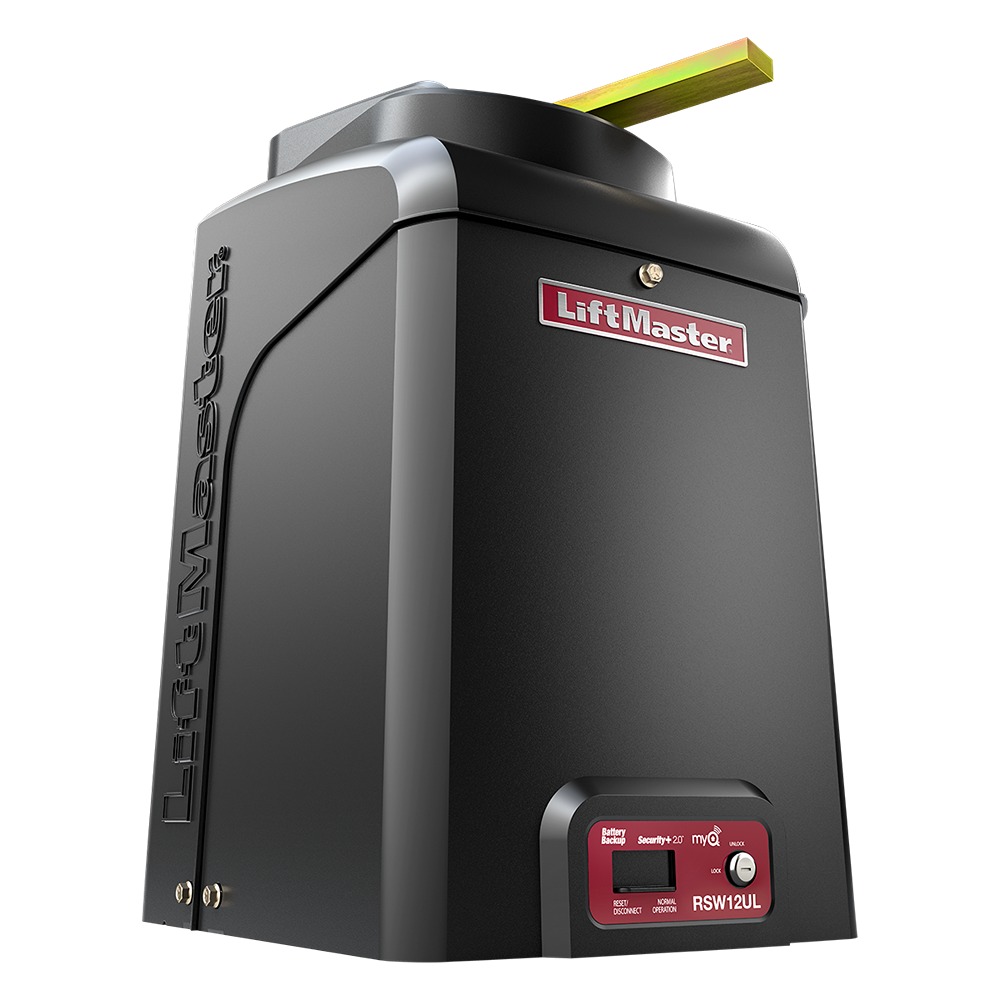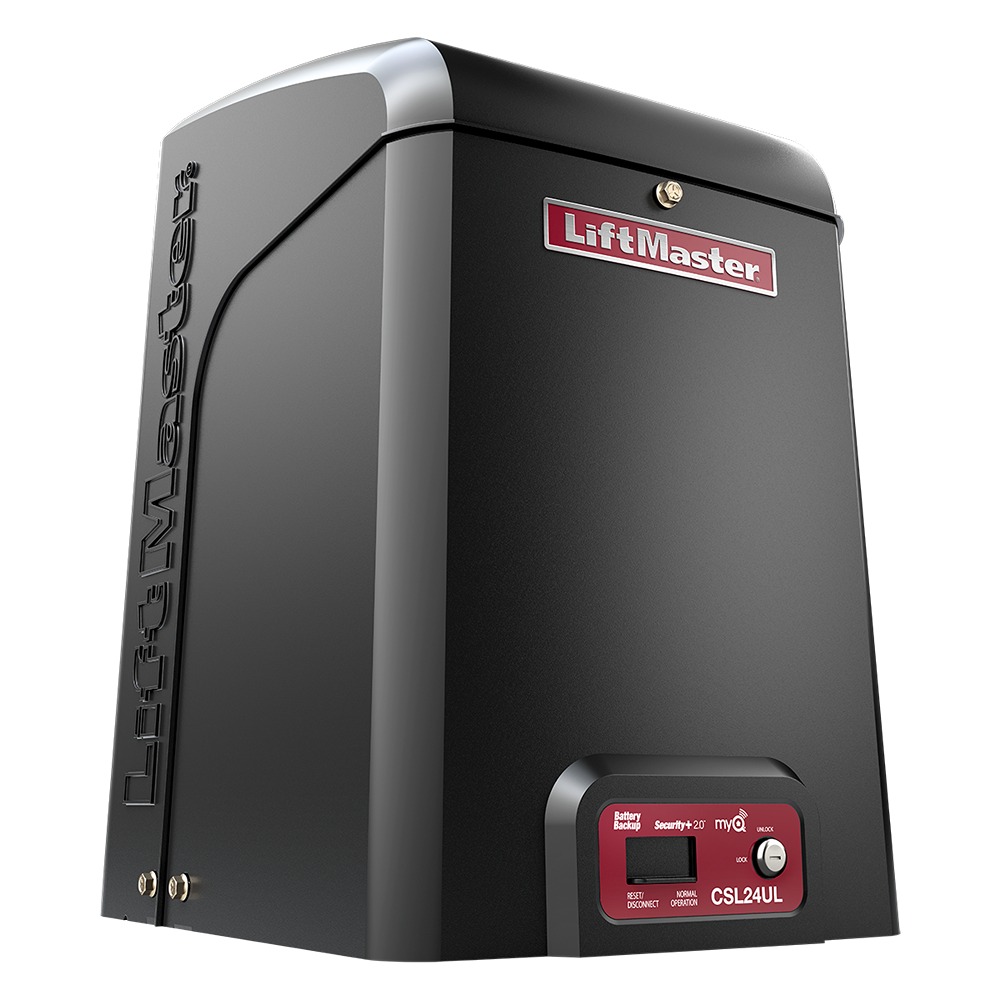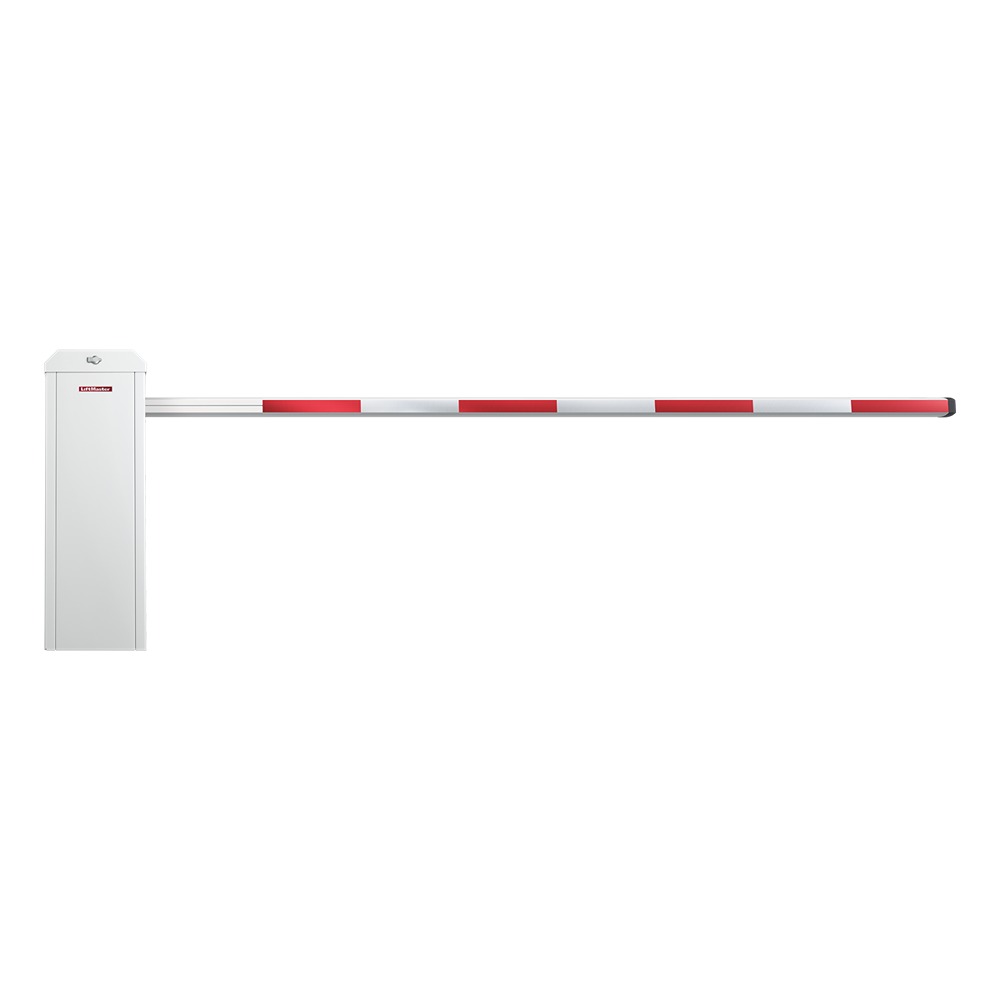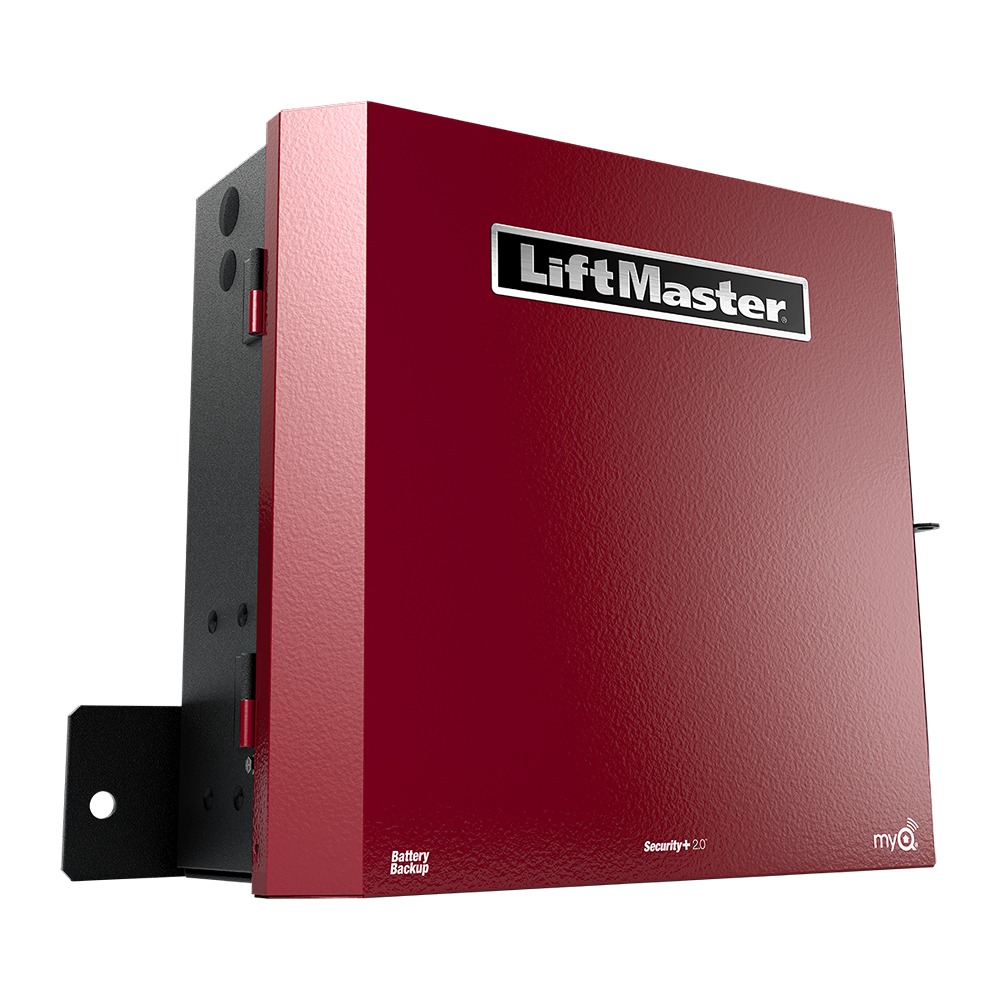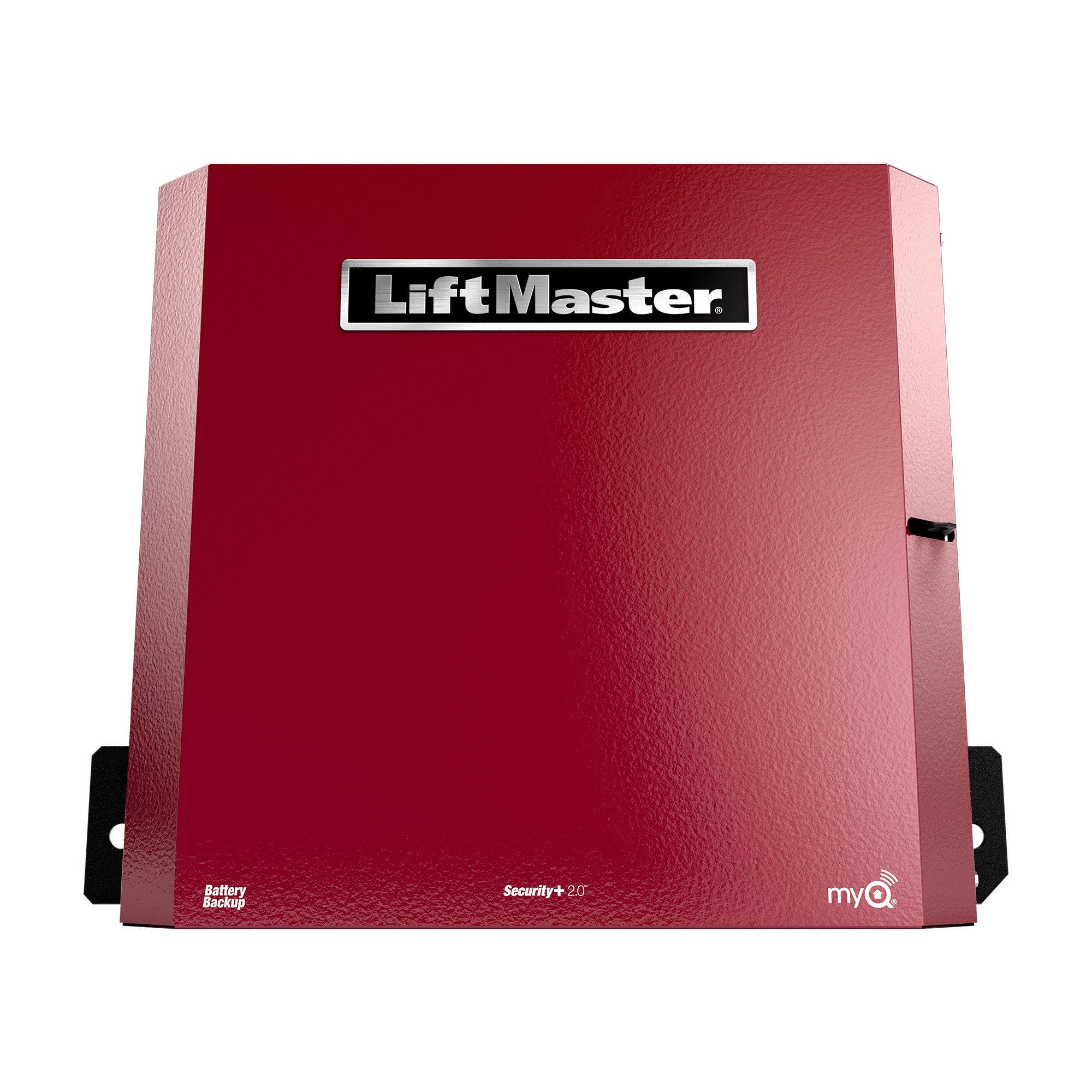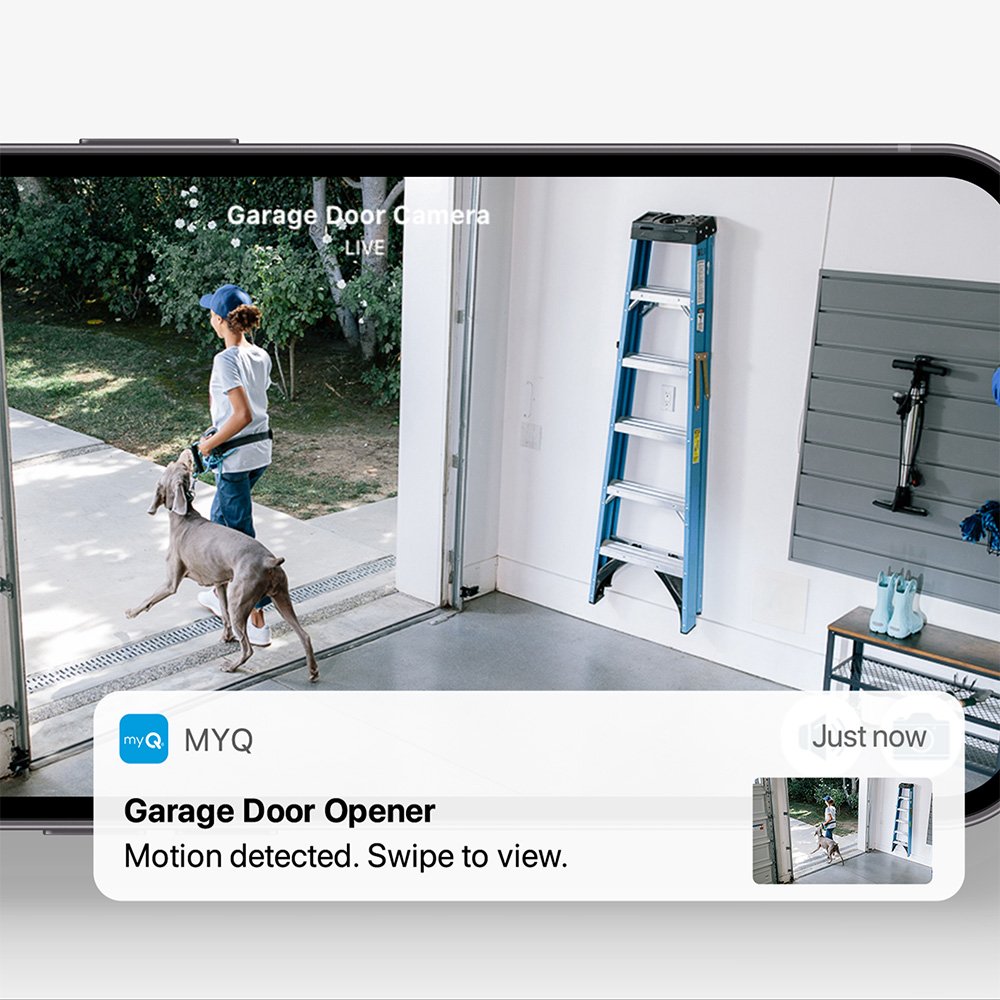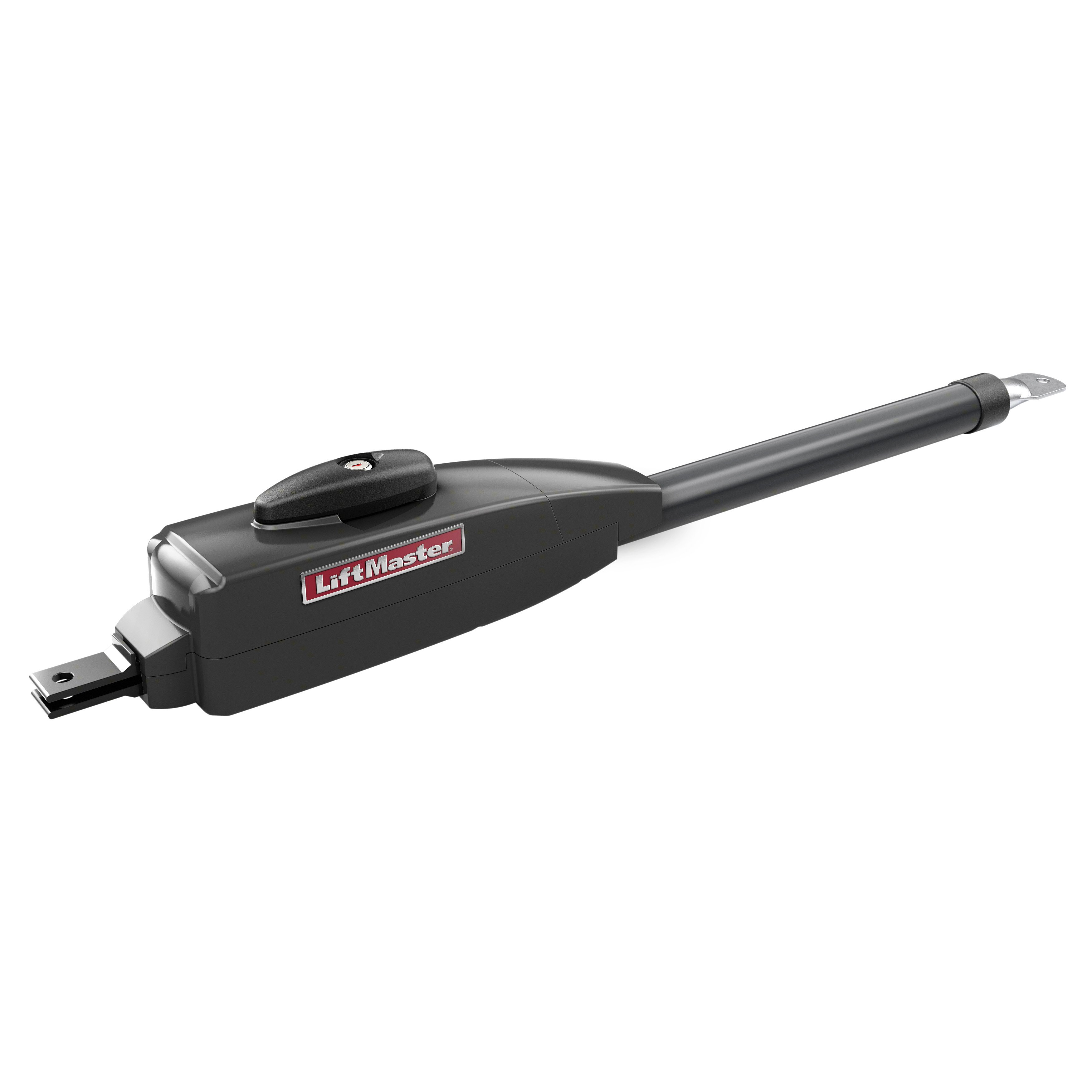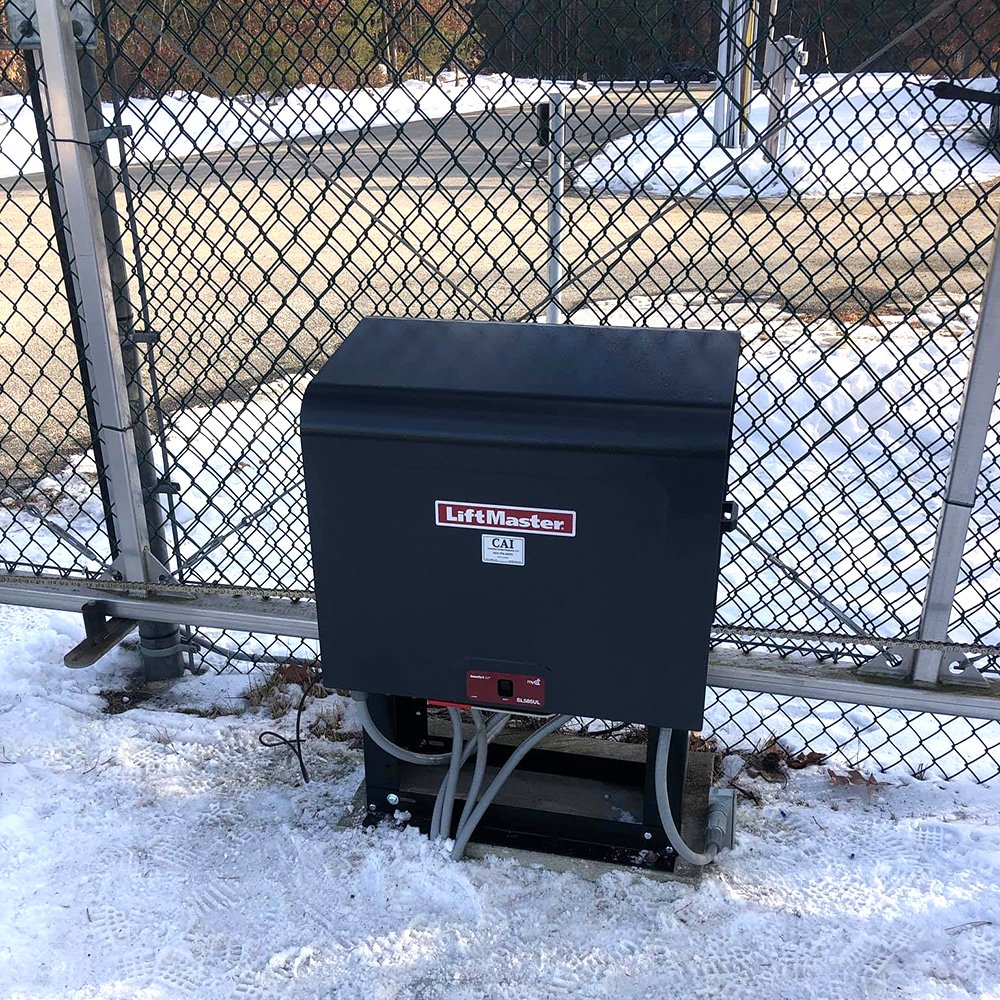Understanding Gate Opener Capacities: Gate Length vs. Gate Weight
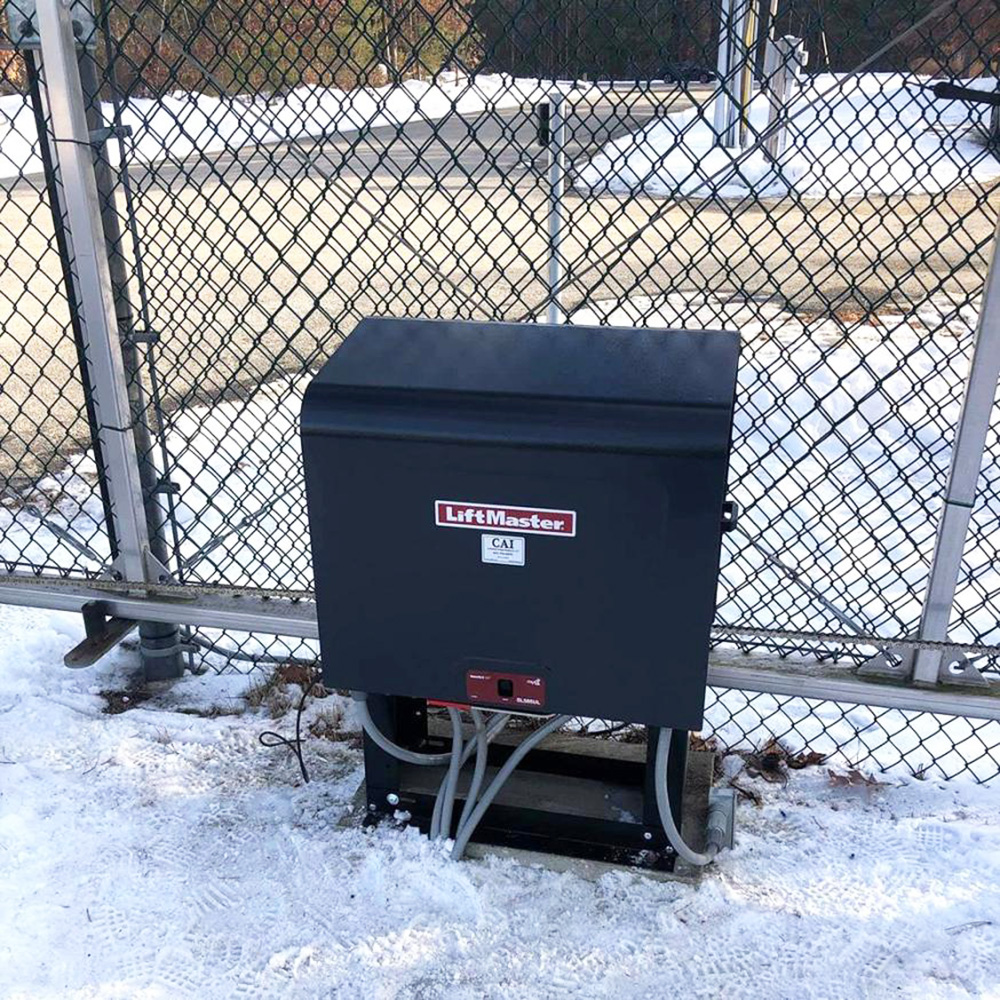
Choosing the right automatic gate opener isn't just about convenience, it's about making sure your system works safely and efficiently for years to come. One of the most common points of confusion is understanding how a gate's length and weight affect opener performance. Some gates are long but light; others are short and heavy, and not every opener can handle both. In this guide, we'll break down how gate opener capacities work, why it's crucial to match the opener to your gate's specs, and what to look for when choosing the best opener for your setup.
Why Does Gate Opener Weight and Length Capacity Matter?
Choosing the right gate opener based on accurate measurements and material type is the best way to ensure long-lasting, reliable performance. When selecting an automatic gate opener, understanding its capacity is essential. Gate opener capacity refers to the maximum gate weight and gate length the opener can safely manage. Using a gate opener that does not match your gate's specifications can lead to poor performance, premature wear, or complete failure of the system.
A gate that is too heavy or too long for the opener can put excessive strain on the motor, resulting in slow operation or inconsistent opening and closing. This is especially true with swing gate openers, which are more affected by wind resistance and torque, but it also applies to sliding gate openers that must manage steady horizontal movement.
Gate opener specifications are designed to match different gate sizes, materials, and environmental conditions. Factors like friction, hinge type, wind load, and the slope of your driveway can all impact how much power your opener needs. To avoid issues, it is important to review the weight capacity and maximum gate length listed by the manufacturer and ensure your gate falls within those limits.
Gate Weight vs. Gate Length - What's More Important?
When selecting a gate opener, both weight and length matter, but in most cases, gate weight has a bigger impact on how hard the opener has to work. Heavier gates require more force to move, especially during the initial lift or swing. If the gate exceeds the opener's weight capacity, it can lead to motor strain or system failure.
However, longer gates introduce their own challenges. Even a lightweight gate can create more leverage and stress on the opener, especially if it's a swing-style gate or exposed to wind. For example, a 16-foot aluminum gate may only weigh 150 pounds, but its length means you'll need an opener rated for longer gates to avoid torque issues. In contrast, a 10-foot steel gate may be short but extremely heavy, requiring a model with a high weight rating even though length isn't a concern.
The best approach is to balance both factors. If your gate is long but light, prioritize the maximum gate length in the opener specs. If it's short but heavy, focus on the weight capacity. Always choose an opener that can comfortably handle both dimensions without pushing the limits.
How to Choose the Right Gate Opener for Your Gate: Length & Width Compromise
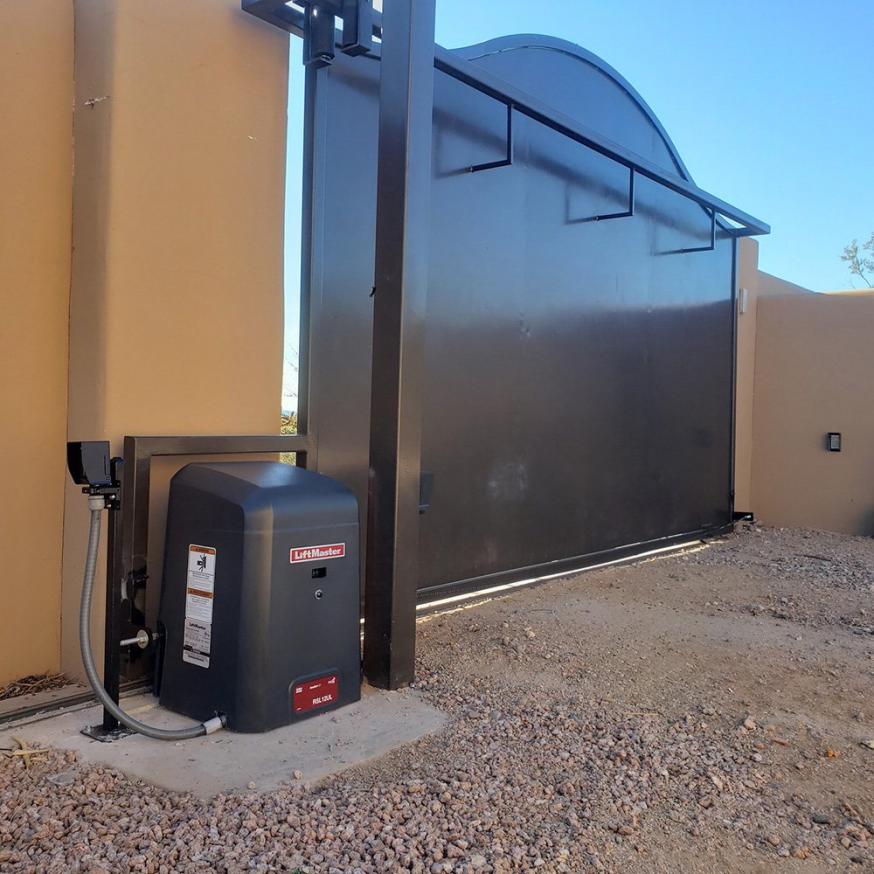
Choosing a gate opener starts with knowing your gate's size, weight, and setup. Use this quick checklist to guide your decision:
- Measure gate length: Total length is important, especially for swing gates
- Estimate the weight:
Steel gates: about 25 lbs per linear foot
Aluminum gates: about 8.5 lbs per linear foot
Aluminum gates: about 10 lbs per linear foot
Example: A 15-foot steel gate = about 375 lbs; aluminum = about 125 lbs; vinyl = about 150 lbs.
Note: Solid or taller gates will weigh more than standard estimates
- Match opener specs: Make sure the opener's rated for both your gate's weight and length
- Consider your setup: Wind exposure, slopes, and poor hinges increase resistance
- Choose your power source: Solar for light-duty or remote use, electric for heavier or high-traffic gates
- Pick the right opener type: Swing gate openers for hinged gates; sliding openers for track systems
For barrier gates, weight is rarely a concern. The barrier arm is lightweight and often included with the system, so you usually don't need to calculate it.
Common Mistakes When Choosing a Gate Opener
Many gate opener issues start with incorrect sizing or overlooking key details during selection. Here are some common mistakes to avoid:
- Underestimating gate weight: Always calculate or estimate your gate's weight using material type and length
- Ignoring wind resistance: Solid panel gates facing wind require stronger openers due to added resistance
- Choosing an opener based on length only: A long but lightweight gate still needs an opener rated for its full length
- Overlooking slope or terrain: Gates installed on an incline require more power to open and close reliably
- Using worn or stiff hinges/rollers: Extra friction puts unnecessary strain on the motor
- Assuming all openers are the same: Swing and sliding gates need very different opener types
Avoiding these mistakes can extend the life of your gate opener and improve daily operation.
Real-World Examples:
Matching Gate Weight & Length to the Right Opener
Example 1: Lightweight but Long
- Gate: 16-foot ornamental aluminum swing gate
- Weight: roughly 136 lbs (8.5 lbs per linear foot)
- Opener Need: A model rated for long gates, even though weight is low
- Consideration: Wind load and length could strain smaller openers
Example 2: Short but Heavy
- Gate: 10-foot steel gate on a slight incline
- Weight: roughly 250 lbs (25 lbs per linear foot)
- Opener Need: One with a high weight capacity and strong start-up torque
- Consideration: Slope adds resistance; a basic opener may wear out quickly
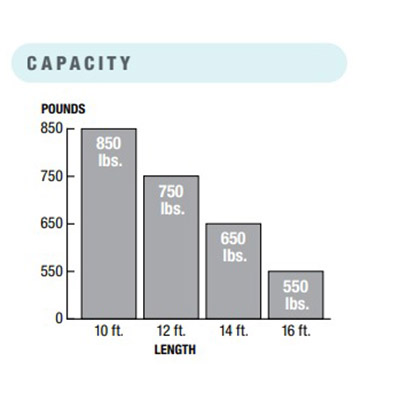
*This image comes directly from a Liftmaster Gate Opener Specification Sheet and shows the compromise of length for weigth and weigth for length. You can estimate how much weight and length your gate opener is cabable of moving.
Frequently Asked Questions: LiftMaster Gate Opener Capacities
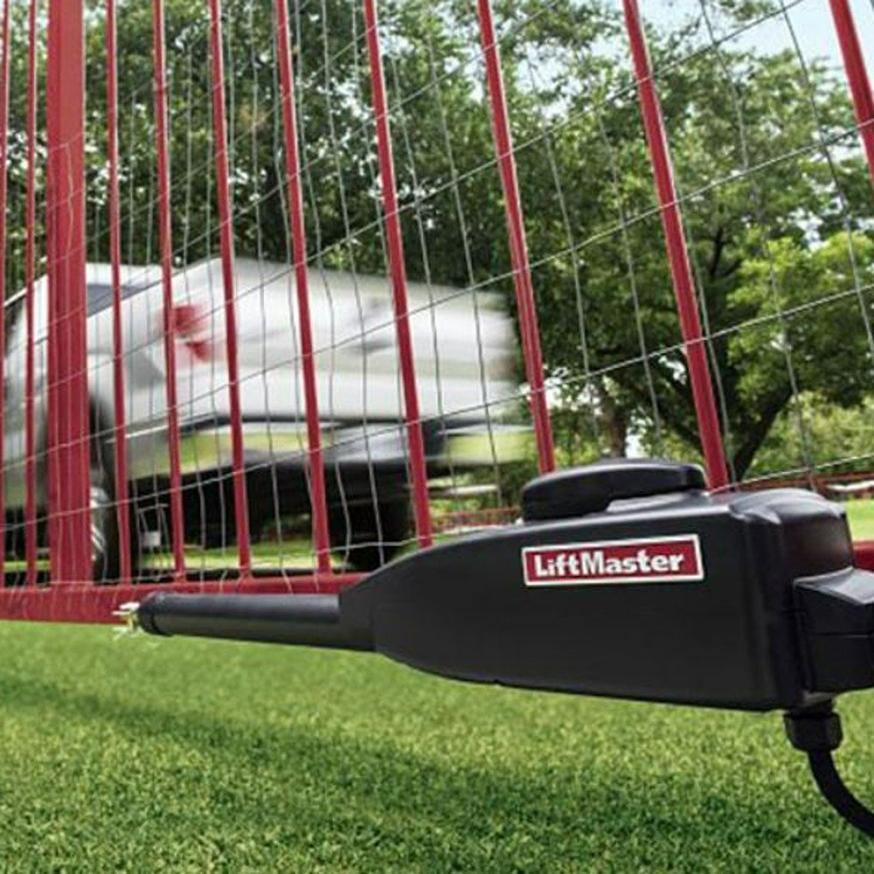
Q: Can a gate opener be too powerful for a gate?
A: Technically, yes, an overpowered opener may open the gate too quickly or aggressively, which can cause wear over time. It's best to match the opener to the gate's actual specs.
Q: What happens if I exceed the weight limit on my gate opener?
A: The opener may overheat, fail prematurely, or simply not function. Always follow the manufacturer's weight rating.
Q: How do I know the weight of my gate?
A: Check with the manufacturer or estimate based on material type and size. Online calculators or gate builders can help.
Q: Does wind affect gate opener performance?
A: Yes, especially for solid panel gates. Wind load increases resistance and may require a stronger opener.
Q: Are swing gate openers different from sliding gate openers in terms of capacity?
A: Yes. Swing gate openers often deal with more torque and wind load, while sliding openers are more linear in motion.
Shop LiftMaster Gate Openers - Find a Capable Gate Opener for Your Gate
When choosing an automatic gate opener, always look at both the weight and length of your gate, not just one or the other. A properly sized opener improves reliability, reduces strain, and extends the life of your system. Be sure to factor in materials, environmental conditions, and gate type. When in doubt, consult manufacturer specs or ask a professional for guidance. If you have any questions about gate opener sizing or need help finding the right model for your setup, don't hesitate to reach out. We're here to help.
Still Have Questions about Which Gate Opener Meet Your Needs? No Problem!
If you have any questions about choosing the right gate opener for your setup, don't hesitate to reach out. We're here to help you find the perfect solution for your gate's size, weight, and style.
Contact Us
